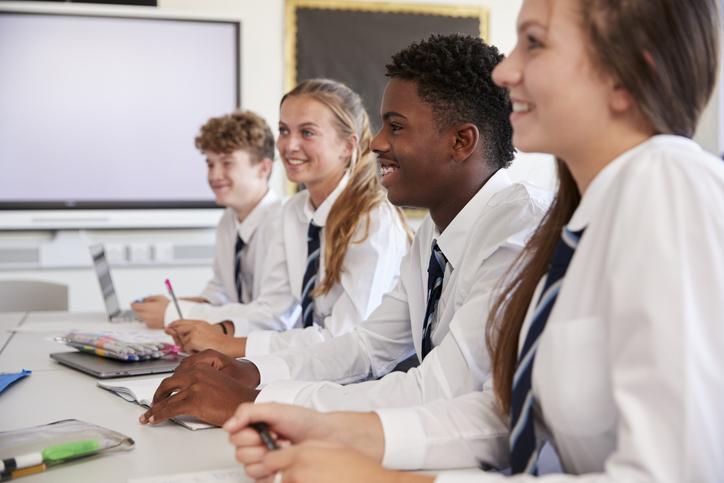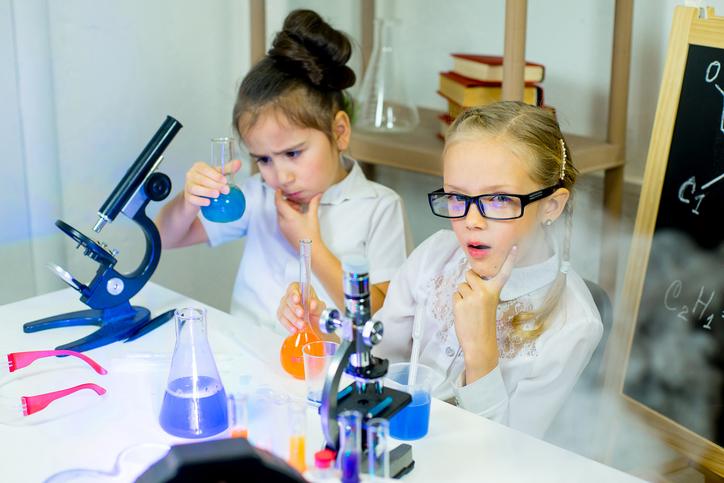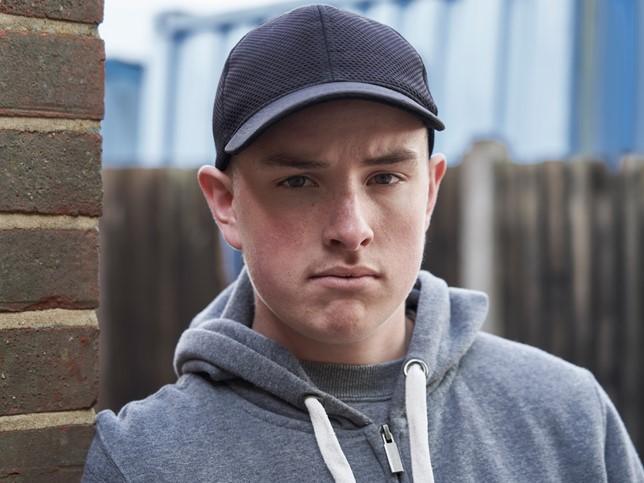As researchers, one of our challenges is truly involving the people for whom we work. How do we create a space for meaningful engagement and co-creation? How do we ensure they are equal partners in our work? How do we value their time appropriately?
Engaging with young people is at the core of what the LifeLab programme at the University of Southampton is all about. This presents challenges and opportunities. We have a large potential cohort of people with lived experience (of being a teenager) to work with; however, working with young people under 16 is not always straightforward. With the goal of truly living the rhetoric of co-creation and enabling young people to shape the direction of our work and co-develop resources, we challenged ourselves to find a process we could use to employ a group of young people. We aimed to provide a space for them to tell us about the things that concerned them and give us directions that our projects should take.
And so the LifeLab youth panel was born.
The first panel met in April 2022, and we have now employed more than 30 young people aged from 14 to 18 years. To build the relationship and trust between us and our youth panellists, we commit to employing them for 12 weeks. Each panel comprises six young people who are employed for three hours a week: online for one hour and two hours of self-directed work.
- How can universities get more school pupils enthusiastic about science?
- Raising aspirations: lessons in running a young scholars programme
- How to embed service to society within the educational experience
Over the course of the panel, we work together on a collaborative project. The panellists can see their input being valued, their confidence in sharing their opinions and ideas grows, and their pride in their outputs is tangible. Attendance has been 89 per cent over the five terms.
The learning curve has been steep, but the lessons learned are relevant to a wider audience.
Deciding the terms of the youth panel’s employment
The discussion about whether to employ lived-experience experts or reimburse them for their time with vouchers is an ongoing one. It feels to me that, if you genuinely want your experts to be equal partners, then surely you have to pay them. Vouchers are easier, but this feels like a token “thank you” rather than recognising their time as equals. With opportunities to employ people through “casual worker” schemes, there are solutions to employing people for short-term projects.
For us, the answer was working with a series of human resources (HR) colleagues who were all committed to finding solutions, and who wouldn’t settle for an easy answer (No!). They identified a university employment process by which we could employ young people (as casual workers); they helped draft job specifications and role descriptors and advised on the recruitment process. They advised on additional recruitment policies to be considered (such as local authority youth employment permits).
How we recruit young people for the panel
Where do you reach your lived-experience experts? We use all avenues to reach out to our young people in the communities and spaces where they spend time. We advertise on social media, using our platforms (which we recognise are unlikely to reach our target audience, so we rely on teachers, youth workers and parents to share the opportunity). Our next project is to work with youth panel alumni to build our social media presence on platforms that young people frequent.
The application process mimics a real job search: a form asks questions to look at motivation, an interview replicates the group-discussion activities that will be part of the job, and this is followed by a one-to-one interview. References are taken up.
The young people who are successful at interview then navigate the university’s HR, finance and IT systems – no mean feat for experienced jobseekers, but even more daunting at 14. We’ve learned that just providing email support isn’t enough, so we run online support sessions to walk them through the processes and invite the key members of the HR, finance and IT teams to those sessions to support the paperwork.
Our panels’ outputs cover health and research
The LifeLab youth panels have co-created several resources to date:
- Summer term 2022: Explaining what clinical research is to a teenage audience, with the In a Nutshell animations series, along with articles for the University Hospital Southampton Clinical Research magazine (here and here).
- Summer holiday 2022: Producing a resource to support young people to eat more healthily and be more active.
- Autumn term 2022: Produce an online interactive guide for students aimed at helping navigate exam stress and look after mental and physical health during the exam period.
- Spring and summer term 2022: These youth panels have been focused on understanding the role vaping plays in the lives of young people, and co-creating a resource to support schools and youth organisations to engage and educate young people about vaping, including a VR experience.
Alongside these specific outputs, the youth panels have worked with researchers to support work across the university. They have read lay summaries for funding applications and provided detailed feedback; they have supported the development of policy recommendations; and they have prepared a response to a governmental call for evidence.
How the panels generate reciprocated value
The job offers the opportunity for our lived-experience experts to have their thoughts and opinions valued and heard, co-creating resources to support others. It also gives them insights into employment, navigating the process of HR and finance; it builds confidence in sharing opinions, builds skills in listening and considering the opinions of others; and it builds their social capital, offering both peer support from fellow youth panellists and professional support in terms of work experience, personal statements, insights into higher education and contacts of professionals in careers of interest.
The value to us, as academics and researchers, is in hearing the thoughts and opinions of our lived-experience experts in an authentically collaborative way. The young people are paid for their time, we build trust and relationships over the course of the youth panel, and we demonstrate the value we place on their input. This supports us in knowing that the work we do is in areas of most need for young people and is informed appropriately, and that the outputs we produce are as tailored to the target audience as they can be.
Kathryn Woods-Townsend is associate professor in the School of Healthcare Enterprise and Innovation and programme manager at LifeLab at the University of Southampton.
If you would like advice and insight from academics and university staff delivered direct to your inbox each week, sign up for the Campus newsletter.




comment1
(No subject)